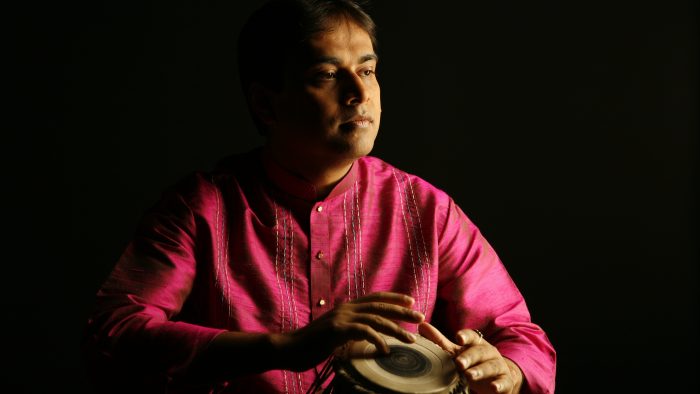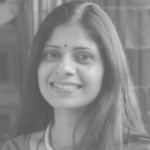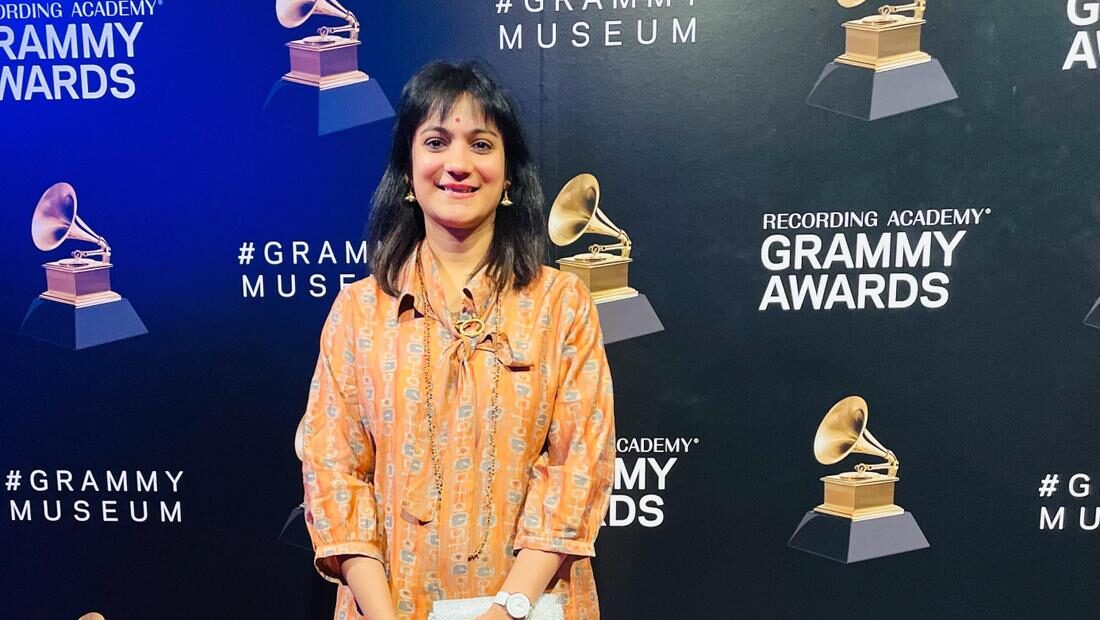Indian tabla player Sandeep Das wins prestigious Guggenheim Foundation Fellowship for Music Composition for 2019
SANDEEP DAS considered one of the leading Tabla exponents in the world today, has been
awarded the prestigious Guggenheim Foundation fellowships in the category of
Music Composition for 2019.
The Guggenheim Foundation was founded in 1925 in honour of John Simon
Guggenheim to support the projects of artists and scholars in any field or
discipline who have "demonstrated exceptional capacity for productive
scholarship or exceptional creative ability in the arts".
Roughly 3,000 candidates were in the running
this year and of those 168 were selected to receive fellowships across
disciplines, with 11 awards being granted in the field of music
composition. Amongst the other awardees are Nobel Prize Winners, Poet
Laureates, members of the National Academy of Sciences, and many more
distinguished individuals! You can view more on the Guggenheim Foundation
website via this link.
Sandeep’s collaboration
with the Silk Road Ensemble for “Sing me Home” won the Grammy Award for
the Best World Music Album. Prior to this win, he was nominated for the Grammy
Award in 2005 and 2009. A professional career spanning 23 years has seen him
composing and playing with the Legendary Cellist Yo-Yo Ma and The Silk Road
Ensemble, String quartets and Orchestra’s such as The New York Philharmonic,
The Chicago Symphony Orchestra, and the The Boston Symphony Orchestra to name a
few.
International
Cellist Yo Yo Ma says about Sandeep:
“Sandeep
transcends his instrument- when he plays the Tabla he is a creator of myths, a
master communicator and an orchestra, all in one. In my decades of
collaboration around the world, he is easily one of the greatest artists I have
ever met. Not only is he one of the best artists I have met but he is also once
one of the best teachers I have met. I believe there is no one he cannot
engage!”
It all started with a complaint that Sandeep’s father got from Sandeep’s
school teacher. “Sandeep has been disturbing the class…asked to stop
tapping the desk with his hands, he starts tapping with his feet. Please take
him to a doctor!” On reaching home that day, instead of being taken to a doctor
Sandeep was gifted his first set of Tabla and taken to his first guru Shiv
Kumar Singh where he spent one year in training.
Being a big fan of Pt. Kishan Maharaj of the Benaras Gharana, his father
K.N.Das, sought and requested the legendary tabla maestro to teach his son. The
Maestro proceeded to test his skills in various ways. At the end He was very
happy and said –‘He has tabla in his blood and I will teach him.’”
Sandeep learnt tabla under his Guru for 11 years in the Guru-Shishya
parampara. Sandeep proudly mentions how everything he learnt was taught to
him orally and thus all those years of learning live with him every second of
his life and he doesn’t have to flip through any written diary of any sort.
For the first few years, he would travel from Patna to Benaras every
Friday evening, stay overnight at his guru’s home and then return on Sunday. He
would never spend a single vacation at home. Later his father took a transfer
to Varanasi, so that his musical education could continue unhindered.
Under Pt. Kishanji Maharaj, Sandeep not only learnt tabla but also
valuable lessons in life.
“When I was 9 or 10 years old, we were practicing in a room and Guru ji got
very mad at us. He said why don’t you people clean the room before you sit down
to practice and he asked me to clean the room. I had never done it at home so I
couldn’t sweep the floor nicely. He took the broom from my hand and taught me
how to sweep the floor and mentioned to me that if you sweep the floor nicely
you can also be a good tabla player. Words which at that time didn’t make sense
to me. How did sweeping the floor relate to tabla but as I grew up I realized
that the other things he was teaching us to do, even doing the smallest jobs
perfectly, taught us discipline, focus, attention to details and made the
toughest jobs seem easy and that would also spill over in our playing.”
Pt. Kishanji Maharaj always discouraged his students from copying him.
He would say, “As long as you are a Xerox you’ll never have any value. The
moment you start playing, everybody should know which gharana you come from,
but you must always have your own personality, your own thoughts imbibed in
what you are playing.” Unlike many others, he advised his students to
listen to every tabla player, but said, “Even if you like something, don’t try
to play like them. Make it your own. It should sound that its Sandeep Das
playing and not Sandeep Das copying or mimicking somebody else.”
Under his Guru’s guidance, Sandeep debuted on stage with legendary Sitar
maestro, Pt. Ravi Shankar. He also won the national drumming championship
thrice and became the youngest drummer ever to be graded by All-India radio.
One of the biggest turning points in his career came with his meeting
the world famous cellist Yo-Yo Ma who invited him to play with the Silk Road
Ensemble.
Interview with Sandeep Das:
Indian percussion is so well appreciated abroad,
how can it be supported in India?
The major factor is
that the percussion players have to understand that they are a very needed
aspect of Indian classical music and stand up against exploitation. They have
to believe in their hard work and realise that it is the quality of the playing
that gets them concerts and not just by being subservient to someone, who in
return will exploit them. They themselves have to stand up.
Is the domination of one or two great
maestros distracting attention from a whole lot of young talented
percussionists? Why do we always talk of only one or two great musicians for
every instrument?
As you must have
noticed, where are the art and culture pages or focus on anything of our own
heritage and culture in today’s media, be it print or television. Whereas you
pick up any media from the west and you will see dedicated critics and pages
for the same. That is a very unfortunate situation in our country now that the
media will only cover people who are already well known or people who can pay
for PR.
What is the most important change
happening in Indian percussion today?
There is no dearth of
great individual talent in our country so we have talented younger players but
the majority in a rush to get popular are ending up mimicking the west. That is
where we are going wrong. I would say learn one this well enough and deeply
first and be proud of your own music and culture.
What is it about the Indian tabla that
makes it so universally popular?
When I think about it
I am amazed at how smart and intelligent our predecessors were. Even one
instrument like Tabla has such a vast repertoire that is unmatched with any
percussion from anywhere in the world. It is an instrument that with the right
training and application can be played with almost any kind of music. Thus I am
playing with the biggest western classical orchestras of the world to String
quartets and Jazz musicians.





